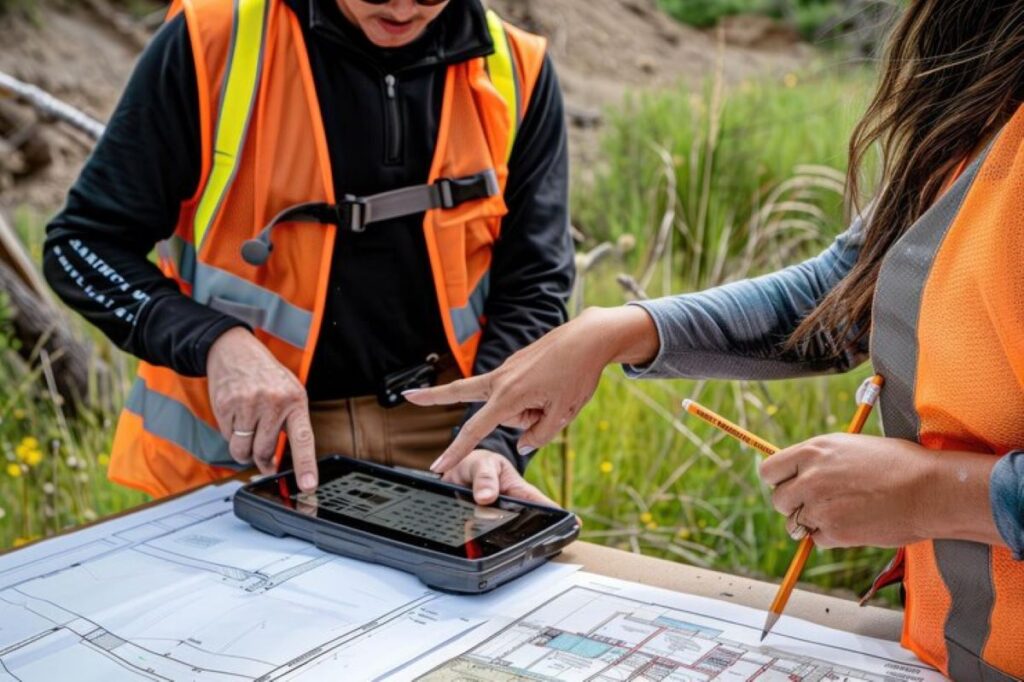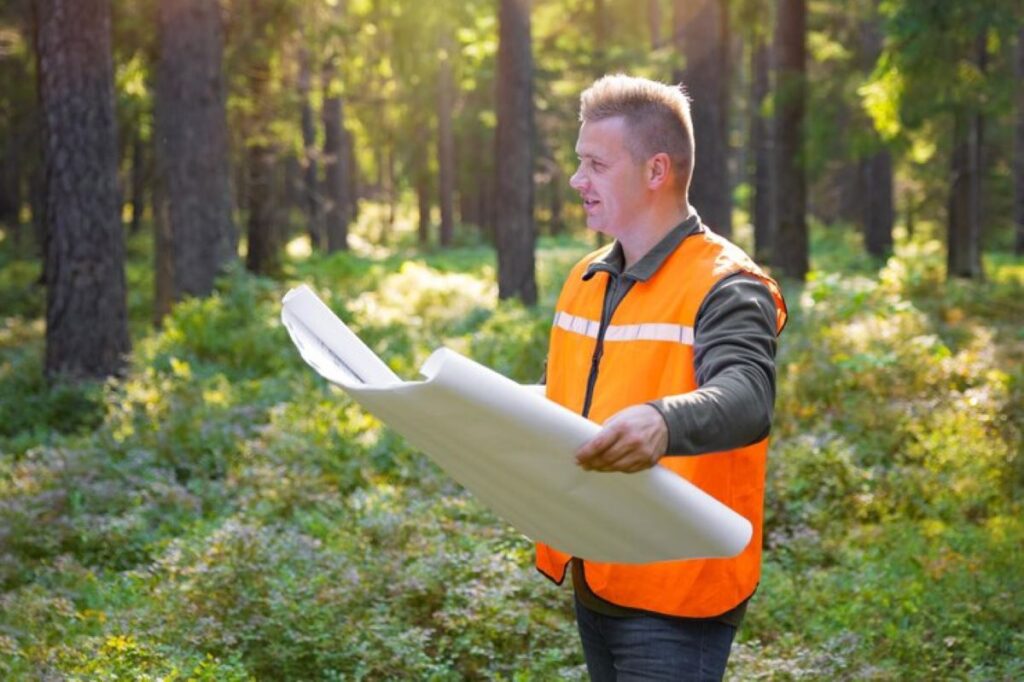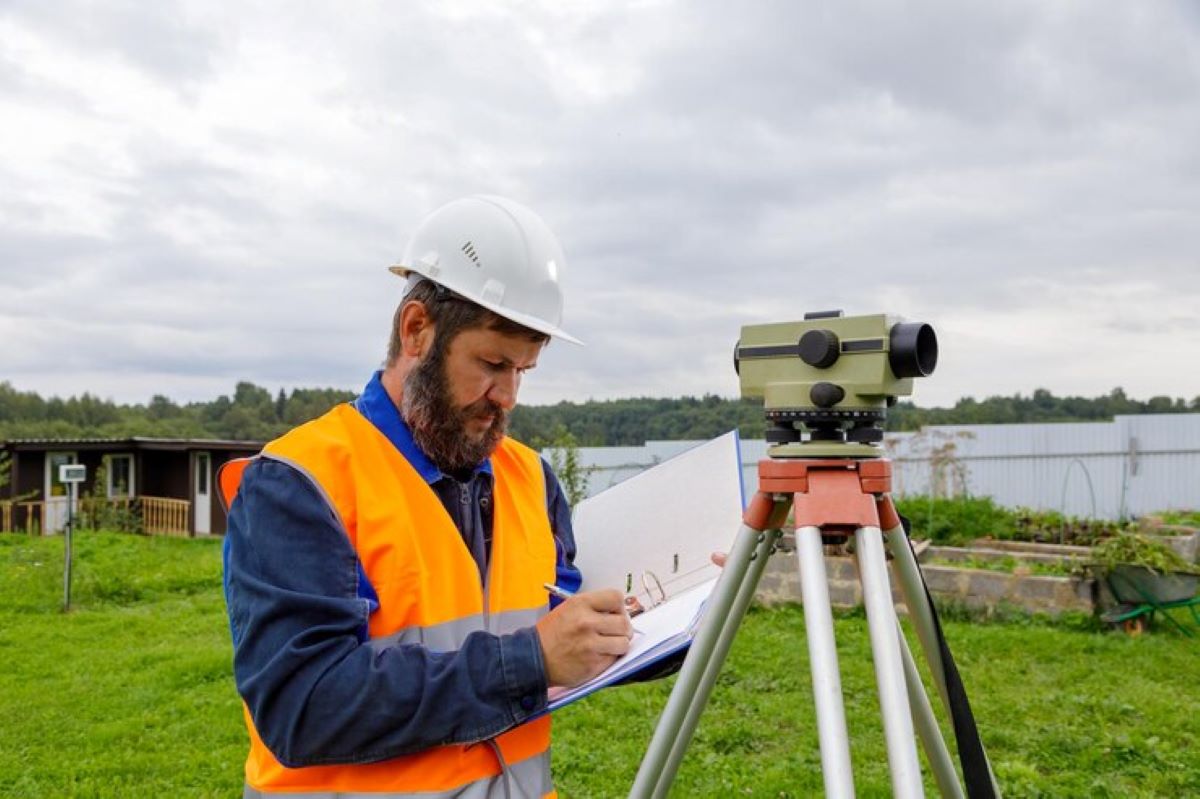Land surveyors play an essential role in the intricate process of real estate development. In Sydney, a city marked by its dynamic property landscape, understanding what land surveyors do can demystify many aspects of buying, selling, and developing land. This article will explore the various facets of land surveying and its critical importance in real estate development.
Understanding the job of a land surveyor
A land surveyor is a professional responsible for measuring, mapping, and analysing land. They provide vital information about land boundaries, topography, and the physical features of a property. Their work isn’t just about lines on a map; it involves using advanced technology to ensure that every detail is precise and reliable.
The importance of accurate land surveying
Accurate land surveying is crucial for various reasons. Firstly, it helps define property boundaries, which is fundamental in avoiding disputes between neighbours. By establishing clear boundaries, surveyors ensure that developments do not encroach on adjacent properties.
Secondly, accurate surveys are indispensable when it comes to securing financing and permits. Banks and government authorities often require precise surveying to evaluate risk and compliance before approving loans or construction plans.
Moreover, land surveying plays a pivotal role in environmental conservation and urban planning. By assessing the land’s topography and natural features, surveyors can help identify areas that are prone to flooding or erosion, thus guiding developers to make informed decisions that align with sustainable practices. This foresight not only protects the environment but also enhances the safety and livability of future developments.
The tools and techniques used by land surveyors
Land surveyors utilise a range of tools and techniques to gather data effectively. Traditional instruments like theodolites and levels have evolved into more advanced equipment, including GPS technology and laser scanning. These modern tools enhance precision and allow surveyors to work more efficiently.
Additionally, Geographic Information Systems (GIS) play a central role in modern land surveying. By mapping and analysing data, surveyors can provide valuable insights that aid in planning and decision-making for real estate development. The integration of GIS with aerial imagery and remote sensing technologies enables surveyors to capture extensive data sets, which can be crucial for large-scale projects. This comprehensive approach allows for a more nuanced understanding of the land, facilitating better resource management and urban development strategies.
The relationship between land surveying and real estate development
The connection between land surveying and real estate development is profound. As developers plan new projects, the insights provided by land surveyors significantly influence the design and implementation of developments.
How land surveying influences property boundaries
Through meticulous mapping, surveyors establish and clarify property lines. This information is vital for developers to position structures accurately within their designated plots of land. Without this clarity, a development could accidentally infringe on another’s land, leading to legal disputes and costly delays.
Moreover, understanding property boundaries allows developers to optimise the use of land, ensuring that every square metre is utilised efficiently while adhering to local zoning laws. This meticulous attention to detail not only safeguards against potential conflicts but also enhances the overall value of the property. By accurately defining boundaries, developers can also identify opportunities for future expansion or additional features, such as gardens or parking spaces, which can significantly increase the attractiveness of a development.

The impact of land surveying on construction planning
Construction planning is another area where land surveying holds substantial significance. Before breaking ground, developers rely on surveying data to understand the terrain, soil conditions, and other crucial factors affecting construction.
This information helps in creating reliable project timelines and budgets. By avoiding unforeseen complications during construction, developers can maintain control over costs and minimize the risk of delays, making land surveying an invaluable asset in project management. Additionally, accurate surveying can reveal potential environmental concerns, such as flood zones or protected wildlife habitats, which may require special consideration or mitigation strategies. By addressing these issues early in the planning process, developers can ensure compliance with environmental regulations, thereby fostering a more sustainable approach to real estate development.
The legal implications of land surveying in Sydney
In Sydney, land surveying also intersects with various legal considerations. The professional services rendered by surveyors are governed by laws that ensure all surveying practices are conducted with integrity and accuracy.
The role of land surveyors in dispute resolution
Land disputes are not uncommon in real estate, and this is where surveyors often step in as expert witnesses. Their testimony can clarify boundary lines and property rights, providing critical insights that help resolve conflicts effectively.
Given their expertise, land surveyors can also assist in mediating disputes before they escalate to legal action, saving all parties involved both time and money.
Land surveying and property rights
Understanding property rights is another vital aspect linked to land surveying. Surveyors’ work often helps establish clear ownership, which is pivotal when buying and selling property. Properly defined property boundaries allow owners to defend their rights, thereby enhancing confidence in property transactions. Checkout more guidence about Land Surveys Sydney: Essential Services for Property Owners.
In a city like Sydney, where property values are high, having clarity on ownership can significantly affect investment decisions and long-term planning.
The future of land surveying in real estate development
The future of land surveying in real estate development looks promising, driven by technological advancements and a growing focus on sustainability. As we move forward, the role of land surveyors will continue to evolve to meet new challenges and opportunities in the industry.
Technological advancements in land surveying
With innovations such as drone surveying gaining traction, the landscape of land surveying is changing rapidly. Drones can cover vast areas in a fraction of the time traditional methods require, capturing high-resolution imagery and data that enhance the survey process.
Furthermore, integrating artificial intelligence with surveying practices allows for more intelligent data analysis, helping surveyors provide insights that were previously unattainable. This technology not only improves accuracy but also enhances productivity in real estate development.

The evolving role of land surveyors in sustainable development
As sustainability becomes a focal point in construction and development, land surveyors are increasingly playing a role in assessing the environmental impacts of projects. They analyse land use patterns, helping developers to make choices that align with eco-friendly practices.
By facilitating sustainable planning, land surveyors help create developments that are not only profitable but also responsible, contributing positively to the community and the environment.
In conclusion, land surveyors in Sydney are pivotal to the realm of real estate development. Their expertise influences every stage of property development, from planning and legal aspects to technology and sustainability. As the industry evolves, the role of land surveyors will be more important than ever, ensuring that developments are conducted with precision and integrity.
